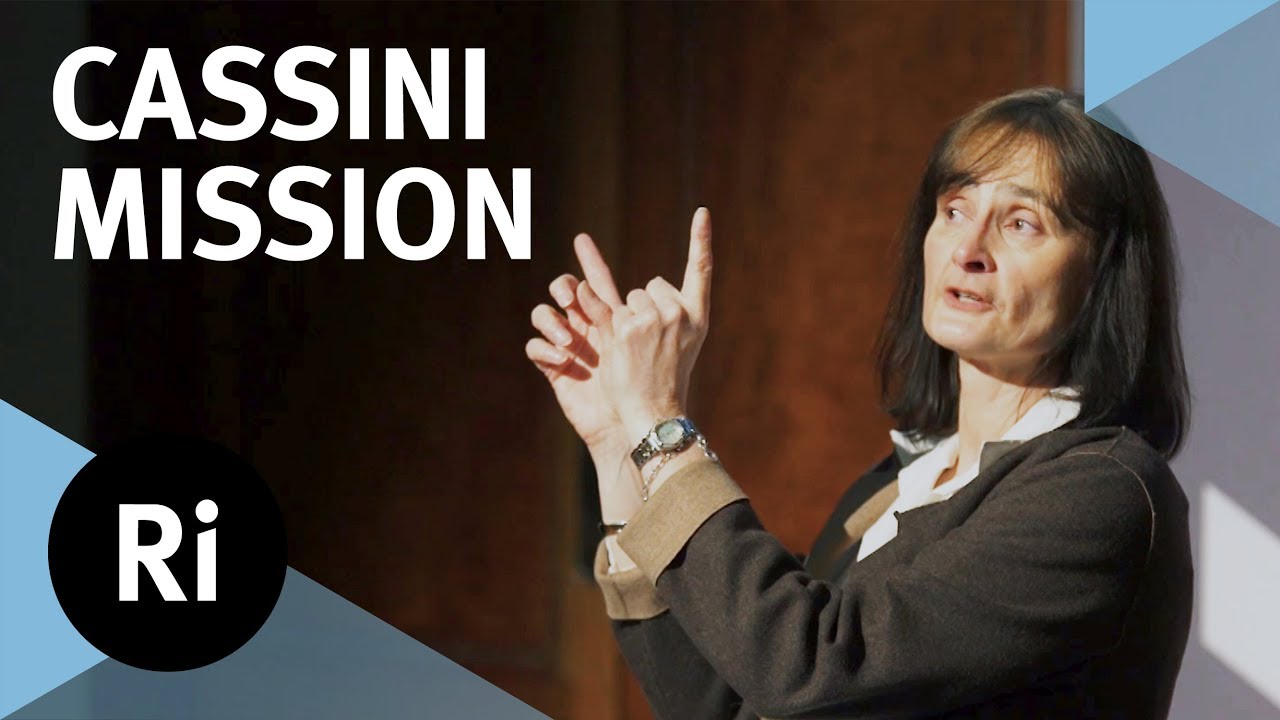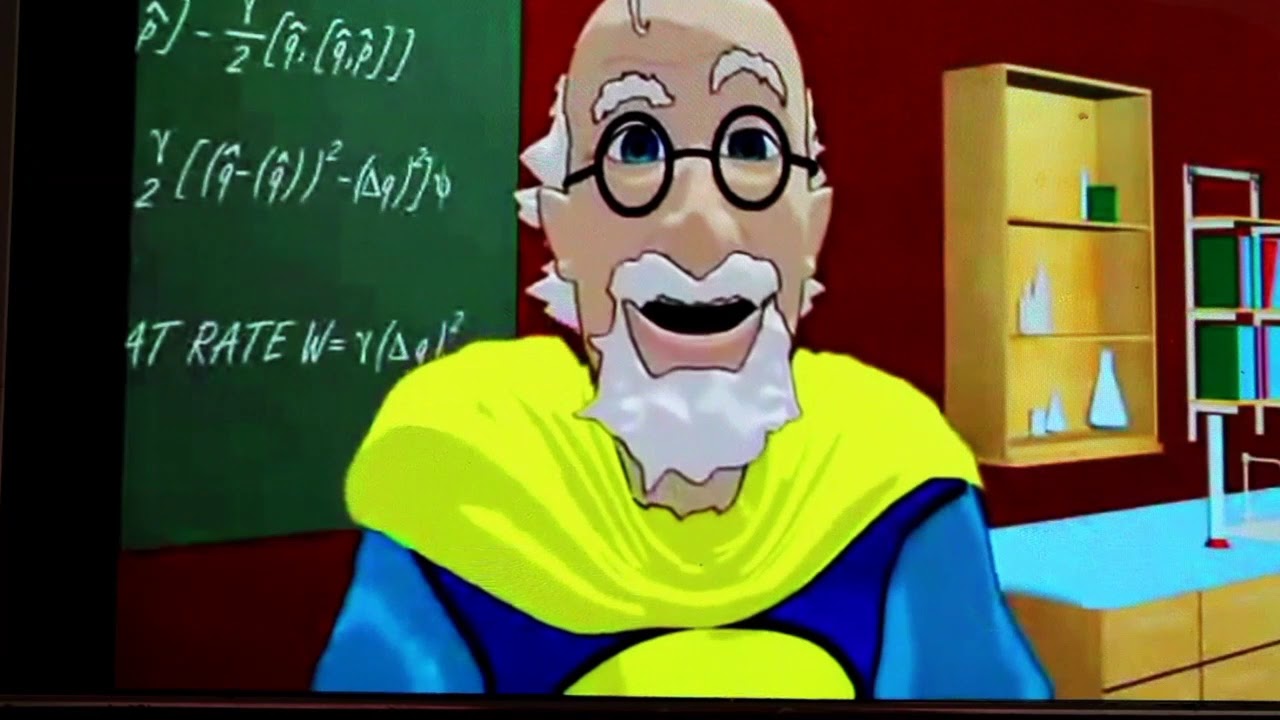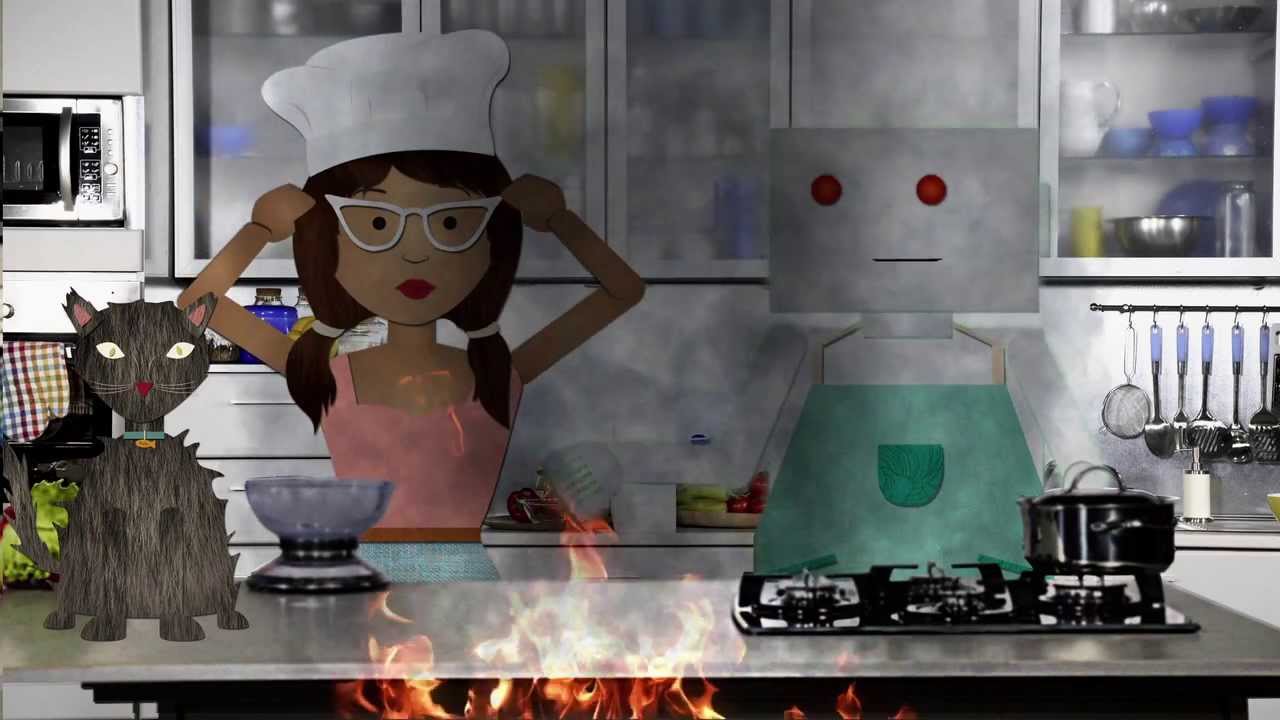The Royal Institution
Last year the Cassini-Huygens spacecraft mission ended its 20 years in space by burning up in Saturn’s atmosphere (on purpose). Michele Dougherty talks us through the incredible mission, from its unlikely beginnings to its unexpected findings.
Subscribe for regular science videos: http://bit.ly/RiSubscRibe
Watch the Q&A here: https://youtu.be/ukVUuMJ_hxg
Michele Dougherty is a Professor of Space Physics at Imperial College London. She is leading unmanned exploratory missions to Saturn and Jupiter and is Principal Investigator for J-MAG, a magnetometer for the JUpiter ICy moons Explorer (JUICE) of the European Space Agencies due for launch June 2022.
This talk and Q&A were filmed in the Ri at 23 February 2018.
The Ri is on Twitter: http://twitter.com/ri_science
and Facebook: http://www.facebook.com/royalinstitution
and Tumblr: http://ri-science.tumblr.com/
Our editorial policy: http://www.rigb.org/home/editorial-policy
Subscribe for the latest science videos: http://bit.ly/RiNewsletter
Source



Great talk, I love this mission! Only one problem, I noticed around 24:50 Michele Dougherty's slides are animated but the close-ups on post-production aren't. I've noticed this before on Ri talks. Would be great to get the animation with Enceladus orbiting and interacting with Saturn's magnetic field. Also, I couldn't see on the wide-shot if the picture to the bottom right on that slide had any animation. Does Enceladus drag the magnetic field behind it? That's for the talk, keep up the excellent work!
would a probe still burn up in a planets atmosphere if there was no oxygen 🤔
Excellent talk.
Interesting talk, but who let the trained seals in….Sounds like a flu epidemic….lol
I got tears in my eyes from that ending.
What a fantastic talk about an amazing journey.
A wonderful, concise, and data dense, presentation and thanks much for it.
It seems evident to me that the ring systems we observe in our solar system cannot be long lived artifacts. They seem to me to be products of accident or misadventure on the near cosmic scale, though what sort of events could leave the evidence we see of disparate moons, unevenly distributed mass, and the preponderance of persistent anomalies like Neptune's Dark Spot, and the Jovian Red Spot, which current apprehensions cannot quite absorb. Take, for example, Enceladus*: it leaves friction behind in orbit. Every time it orbits it loses mass through outgassing and orbital Vee though drag of passing through its own waste. This is not a four billion year old process. Otherwise, these ring causing moons would have been enormous early on, compared to today's estimates, and where did they orbit then? Those big planets would've been a lot more unstable with giant moons capable of billion year outgassing events . . . and those would've been more drastic losses of mass and vee for larger moons earlier on-would they not? What would that do for the orbital mechanics of the multimoon systems then? I think we cannot backtrack, because we allow for no randomicity; i.e.: it MUST be thus and so and never disturbed once so we can add weight to our ideas about the antiquity of the system.
*And Io.
Fantastic talk, Thanks RI And Michelle. I think this is one of the most interesting of the RI vids i've seen to date!
What a brilliant lecture. What a bless. Few days ago I watched bbc and nasa film about Titan's probe. It was very emotional.
Then I found this brilliant video!
It was very interesting to see real people who worked for two decades in this project.
Thank you for the lecture.
I am major in biology from Russia. I can totally relay to this scientific work. I am impressed by dedication of this scientists.
cool lecture. the idiot that coughed the entire time was annoying though
billion years before there were fewer human beings on planet earth then gradually population increased, approached 7.2 billion also increasing total mass of the earth meanwhile we put too much satellites into earth orbit extracted matter from the earth's total mass ….when i rotate a iron ball weighing 2 kg with a constant force it rotates at the speed of so and so when i minus half gram from it it started rotating faster ?…in the past people used to live for years(Prophet Adam(a.s) lived for 900years) but now average age is 60years?….decreasing wight or mass of the earth does affect on its rotation revolution or tilt ?….Is there proof that in the past earth was moving slower days are long and so as years ….does it affect on climate change ….or law of conservation of energy does do anything in this scenario?
Fantastic mission and a really good talk, I found out some things I must have missed earlier. Soo… when is the next mission? I want an orbiter of Enceladus with a much better mass spectrometer.
D RING. Hehehe
Very interesting. Thanks.
Your logo looks like Russia Today RT.
Brilliant-cut, thanks. Can't help but drift off and daydream during some of the science but what a fantastic achievement and story.
wow, nice talk, very informative, almost cried at the end video 🙂
More. More!. Encore.
Remarkable, admirable stuff. Thank you. 🙂
God damn it NASA, you're not supposed to make me cry…
I love you science! 😍
cassini was a big job.they should send another robot too now to explore much.saturn will always have a lot to be explored and it should be explored
i love this planet,it s big wild and powerfull.i think is the most powerful in solar system.and after earth i think is the most interesting.of course earth have life and is different.and don t forget that is the only one with rings
Lovely lovely lady, i should've had a teacher as passionate as her. Or lover.
great scientist, thank you for sharing!
Bloody marvelous, just absolutely beautiful.Everyone involved with Cassini should be so proud.
Saturn had been discovered since the existence of Atlantis
02:18
It wasn't discovered by Galileo. It was known from the dawn of mankind.
42:35
I see you're just a bunch of geniuses, aren't you?
You killed Cassini probe in Saturn because you didn't want a man-made object on the surface of Titan or Enceladus.
And for the same reason you safely landed Huygens probe on Titan.
Brilliant. Proper scientific lecture. You can get her back again! 🚀🌗💫